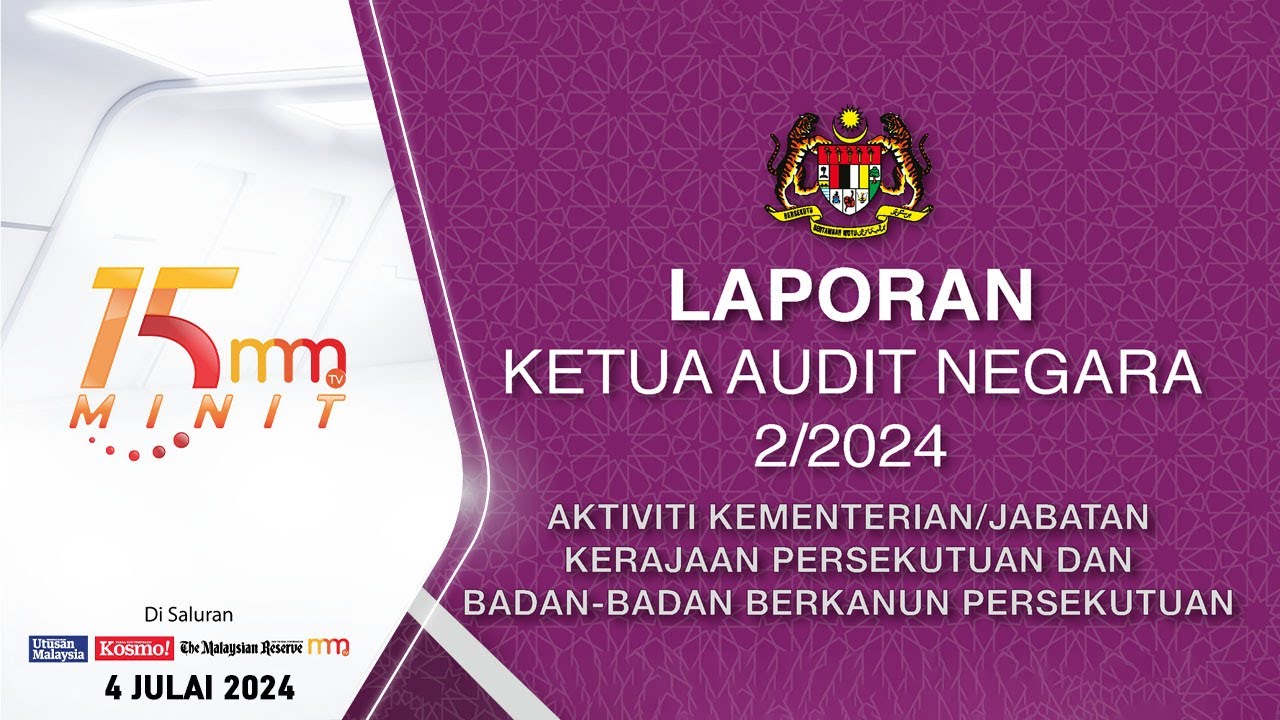
Editor’s Note: This is Part Two of the opinion editorial after the featuring of Part One earlier today (Aug 1).
IT WAS reported that the Human Resources (HR) Minister ordered a “professional third-party auditor” to ensure transparency in the audit of the Human Resources Development Corp (HRD Corp).
This probably arose from the adverse findings of the auditor-general (A-G) verses HRD Corp’s auditor BDO’s un-qualified financial audit.
I wonder whether the minister realises this would mean a private entity taking over the constitutional duties of the A-G.
As explained, there can be no contestation of the financial audits and performance audits being functionally different though complementary in terms of scope and findings.
The HR Minister had to belatedly instruct HRD Corp to withdraw its legal letters of demand to parties reporting on the AG’s reports.
Threat of legal suit could amount to an extraordinary liability on HRD Corp and would have required the approval of the HRD Corp board or the minister beforehand.
If this was not done, then it only confirms the regulatory abuses pointed out by the A-G. Of course, nobody would dispute the right of any individual in HRD Corp to sue in their personal capacity if wronged.
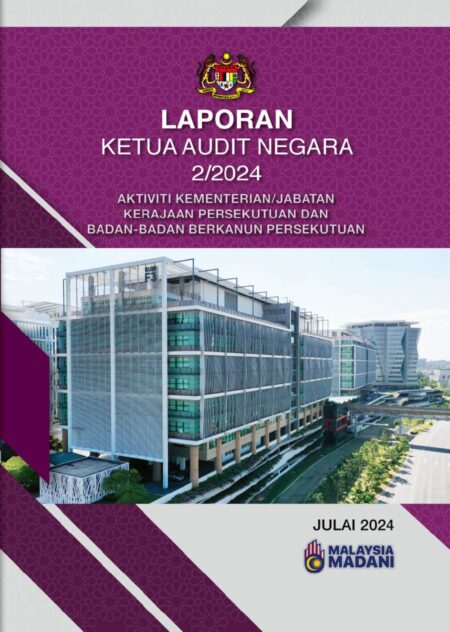
On MRT Corp, it was reported that the Transport Minister denied any financial mismanagement, claiming “the issue of MRT Corp being financially unstable does not arise given that it is a GLC (government-linked company) and that all its financial obligations were guaranteed by the government.”
Ministers’ retort
To be fair, the A-G has given an overall positive finding on MRT Corp. However, it cautioned against under-achievement of ridership and revenue targets (operational financial sustainability) for MRT1/MRT2 and the need for prudent spending and accounting of government infrastructure funds.
Given the record of several GLCs needed to be bailed out even at the operational stage, this remark was an over-kill.
Former health minister Khairy Jamaluddin went on to point out weaknesses, errors in audit methodology and inaccurate findings without providing detailed evidence.
He commented about the ‘time range of the audit’ and findings being outdated without recognising a performance audit of a programme/project can only be carried after a few years of implementation.
It is silly to imply that past transgressions cannot lead to future corrective actions. If GLCs have instituted corrective measures immediately, we would have saved billions of public monies.
Sadly, decision-makers are still in a state of denial and deflection, and tend to explain away their past actions until taxpayers have to step in. And the same modus operandi of abuses repeats every year.
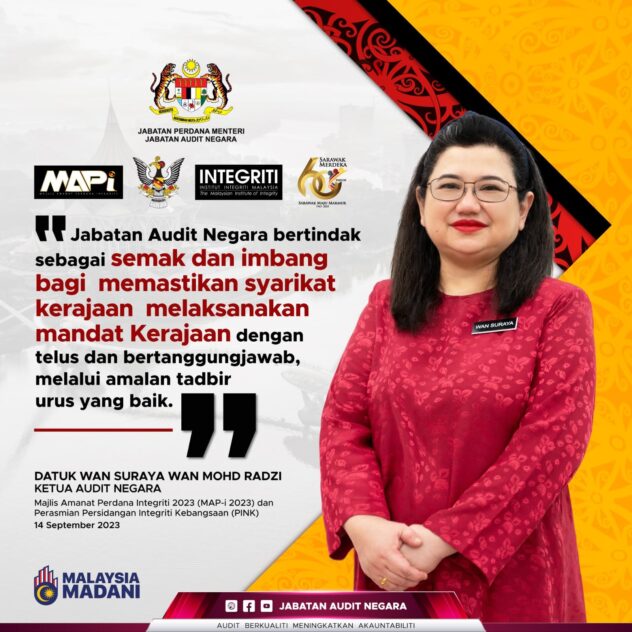
Systemic governance issues in GLCs
Apart from the findings in each agency, the A-G’s report has alluded to systemic governance issues that perpetuate malfeasance across GLCs.
GLCs generally operate under two different governance regimes. Many GLCs are established by law which generally gives more management authority to the minister concerned.
But as a company registered under the Companies Act 2016, GLCs are subjected under their constitution or memorandum of association to market-based rules such as those of the Companies Act, Securities Commission Malaysia (SC) or Bursa Malaysia.
Therefore, there can be conflict or confusion in decision making in GLCs based on statute and corporate rules. The A-G has pointed this out in the case of HRD Corp being established by the Pembangunan Sumber Manusia. Bhd (PSMB) Act 2001.
The management of GLCs somehow see it easier and convenient to get approvals from ministers if they hit scrutiny at the board level.
We have heard in court testimony how in the case of 1MDB (1Malaysia Development Bhd), the board was incapacitated in its decision-making by the then prime minister (PM).
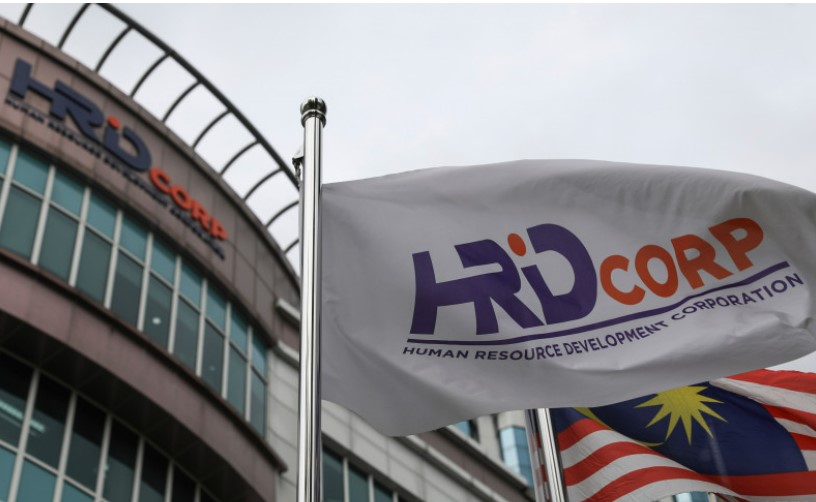
The A-G has detailed how conflicts in governance are exploited by GLCs to plunder public funds. The situation becomes worse when the board is stuffed with political appointees.
The A-G has also suggested that governance based on founding statute and market-based laws need to be reconciled in all GLCs.
Both the AG and the private statutory auditors are watchdogs of public and private funds, whose certification is used for various statutory and enforcement purposes. They are entrusted to ensure any abuse is brought to the fore early enough.
However, what happens generally is that the GLCs obtain clean financial audit findings whereas when the A-G steps in, glaring cases of abuse are exposed.
Curbing abuse of public funds
Granted the scope of financial audits are limited, auditors should be able to discern patterns of abuse from succeeding financial audits.
It could be that auditors who are comforted that GLCs are funded by the government and would never fail (at which point financial audits are contested or subjected to lawsuits), tend to be lenient to ensure continuing appointment or succumb to auditor-shopping.
This is an issue that the statutory auditors themselves have to reflect based on their professional ethics and integrity. The A-G needs to reconcile this matter with the professional accounting and auditing standard-setting and oversight bodies given the failure of many GLCs.
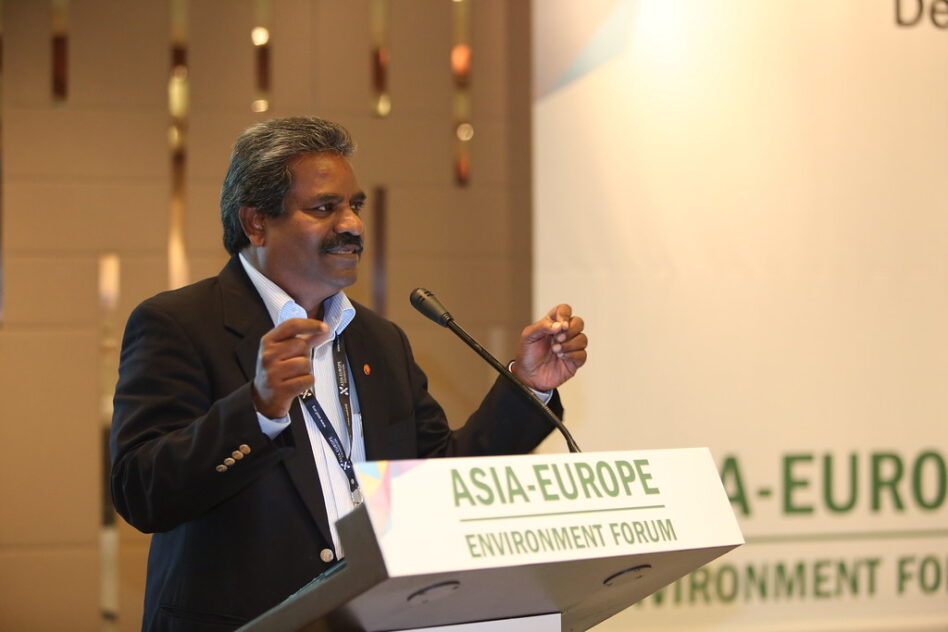
It is heartening to note that the Parliament amended the Audit Act 1957 on July 24 to include several key provisions, among others, (i) to audit companies receiving government guarantees; (ii) to audit based on ‘follow the public money’ approach; (iii) to conduct follow-up audits on adverse findings of previous audit reports, and (iv) empowering the A-G to issue any guidelines on audits.
These are ground-breaking amendments which would necessarily need much more resources and staffing in the AG’s office as it involves more, deeper and frequent auditing of companies receiving government financial support.
This would entail an investment by the A-G’s office which the general public would be willing support to save billions of public funds.
PM Datuk Seri Anwar Ibrahim has been on an anti-corruption crusade during his 25 years in the opposition and more so when he became PM. Will he translate his rhetoric into credible punitive measures with regard to follow-up actions on the A-G’s report?
The general public awaits with bated breath, and hopefully disbelief will turn into relief as those who abuse public funds face due punishment.
It is hypocrisy that the public are burdened with additional taxes, reduction of subsidies and cost-cutting measures while those in the administration and public service continue to siphon out people’s money.
Raman Letchumanan is a former senior official (environment) in Malaysia and ASEAN, as well as senior fellow at Nanyang Technological University Singapore. He is an accredited accountant (Malaysia/UK) and has a Ph.D. in environmental economics, among other qualifications.
The views expressed are solely of the author and do not necessarily reflect those of MMKtT.
- Focus Malaysia



No comments:
Post a Comment
Note: Only a member of this blog may post a comment.